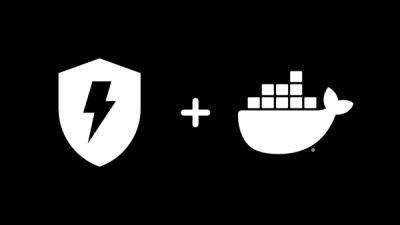Intro
Does deflate compression/decompression in the browser and node.
This module is not meant to be run on node for any production code. The native version of deflate should be used instead because it is much faster. The main reason for this being node-compatible is for testing purposes.
Currently deflate does not pass all tests, but inflate does. This should not be used for compressing data yet in production.
Install
For node, deflate-js can be installed with npm: npm install deflate-js
For the browser, deflate-js can be installed with pakmanager.
API
Deflate:
deflate(arr[, level])
arr- Byte array to compress
level- 1-9 (compression level; optional)
Inflate:
inflate(arr)
arr- Byte array to decompress
The basic usage (no level) will suffice for most purposes.
Basic Usage
var deflate = require('deflate-js'),
arr;
arr = Array.prototype.map.call('Hello world', function (char) {
return char.charCodeAt(0);
});
// compress some text
var compressed = deflate.deflate(arr);
// decompress some text
var decompressed = deflate.inflate(compressed);



